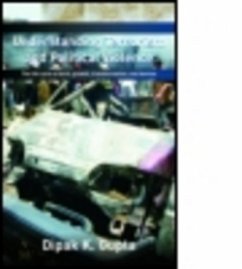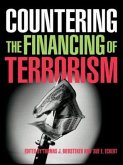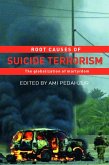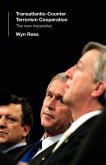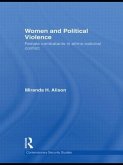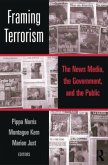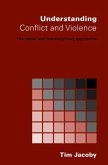This book explains the lifecycle of terrorist organizations from an innovative theoretical perspective, combining economics with social psychology. It provides a new approach to understanding human behaviour in organized society, and then uses this to analyze the forces shaping the lifecycle of violent political movements. Economic and rational-choice theorists assume that human beings are motivated only by self-utility, yet terrorism is ultimately an altruistic act in the eyes of its participants. This book highlights the importance of the desire to belong to a group as a motivating factor, and argues that all of us face an eternal trade-off between selfishness and community concern. This hypothesis is explored through four key groups; the IRA in Northern Ireland, Al Qaeda, Hamas, and the Naxalites in India. Through this, the book analyzes the birth, growth, transformation and demise of violent political movements, and ends with an analysis of the conditions which determine the outcome of the war against terrorism. Understanding Terrorism and Political Violence will be essential reading for advanced students of terrorism studies and political science, and of great interest to students of social psychology and sociology.
'Highly recommended'R. G. Mainuddin, Choice 'Reading this book, it is clear that it is a labor of love. A combination of personal detail (a terrific opening section that will surprise many familiar with his previous work), literary observations, cross-disciplinary references that never feel clumsily juxtaposed, and examples drawn from across conceptual boundaries provide the reader with a richly potent stew of material to contemplate. What Gupta ultimately provides in his dynamic conceptual framework is a research agenda, rich for potential hypothesis testing. Gupta rises to the challenge laid down by Walter Reich and others in terrorism studies by moving beyond the confines of individual disciplinary perspectives, and for that alone should be praised. That he does so by providing a thoughtful, learned volume is even more reason to read this important and essential book.'John Horgan, The Pennsylvanian State University, USA'This is probably one of the most comprehensive books that have been written on political violence and terrorism in recent years in the sense that the author is able to combine rich theory, empirical data about insurgent groups, and even first-hand experience of the phenomenon of terrorism.'Ignacio Sanchez-Cuenca, Juan March Institute, Madrid, Spain, Perspectives on Terrorism

